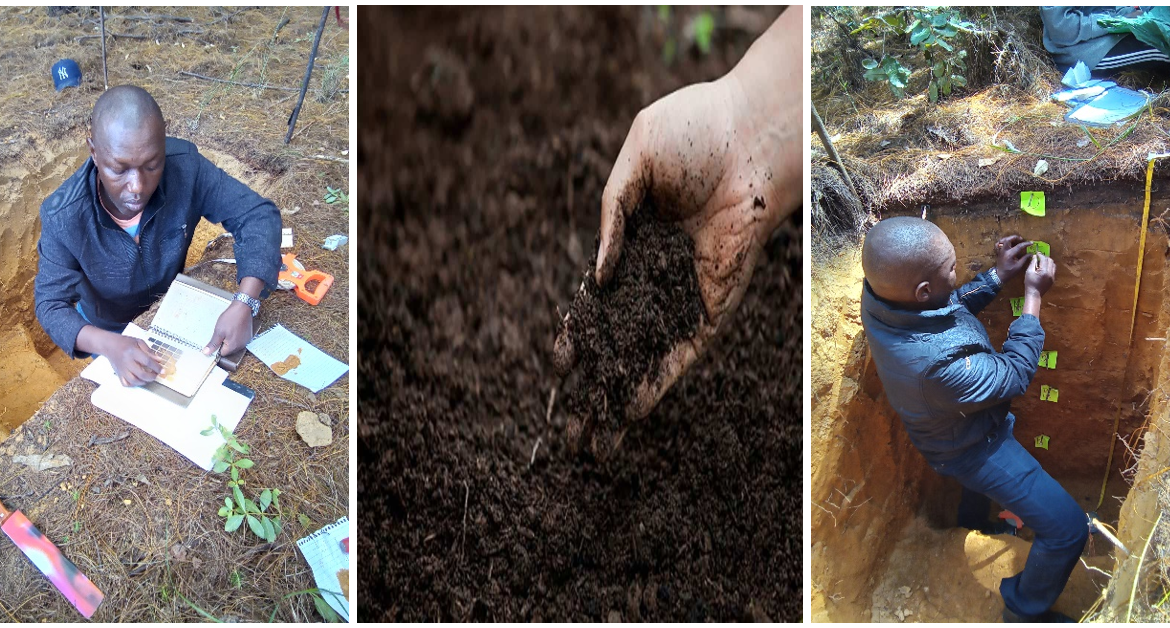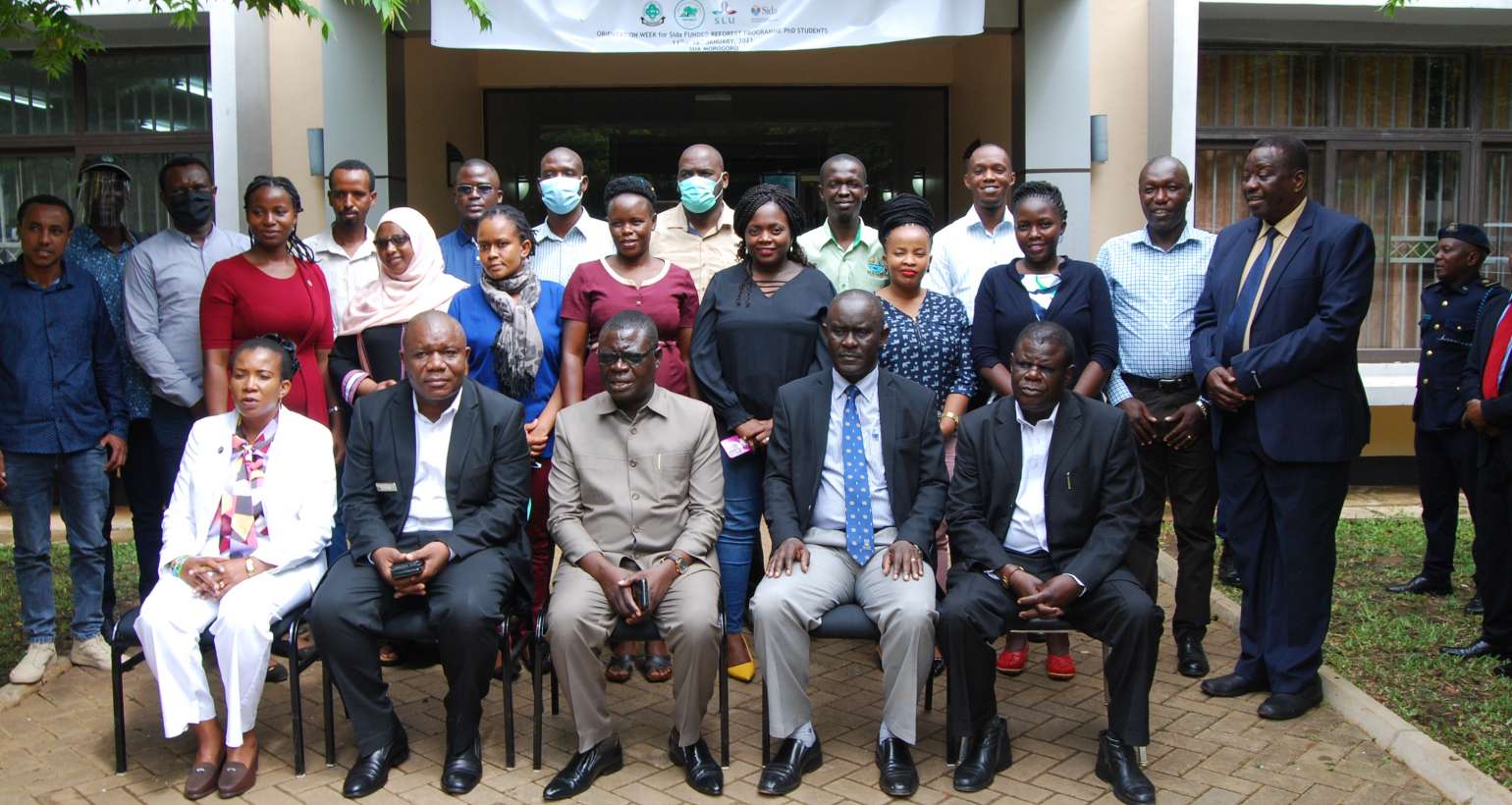Developing soil quality indices for predicting Site Productivity in Pinus patula forest plantation in the Southern highlands and Northern part of Tanzania.
Forests are an essential component of the global ecosystem as they significantly mitigate the effects of climate change, sustain biodiversity, and provide livelihoods to millions of people worldwide. However, their productivity heavily relies on soil quality. The soil quality should be managed to enhance forest productivity and ecosystem services, such as water quality and quantity, decrease erosion, and help mitigate climate change through carbon sequestration. Despite soil quality’s significant role in forest productivity, a knowledge gap exists in understanding the relationship between soil quality and productivity of forest plantations. Taking soil quality as a comprehensive index to evaluate soil physical and chemical properties and exploring the correlation between soil quality and forest productivity on this basis may be vital in clarifying the underlying ecological mechanism(s) of forest-soil interaction systems. Understanding this relationship is crucial for sustainable forest management and enables site-specific recommendations on management practices necessary to maintain the productive capacity of the site.

I carried out research on Developing soil quality indices for predicting site Productivity/Site classes in Pinus patula forest plantation in the Southern highland and Northern part of Tanzania. I found that soil quality indices (SQIs) in both plantations fall within the intermediate soil quality (0.55 < SQI < 0.70) class. I concluded that the developed SQIs can empower decision-makers to make informed choices for better forest soil management practices and planning to improve site productivity. Therefore, predicting site classes using SQIs is crucial due to limited resources for assessing a large set of soil properties. Making soil quality assessments simple and affordable is important, primarily as most developing countries aim to expand the forest sector, ultimately paving the way to sustainably meet the growing demand for wood products.
Soil quality live IT, love IT
In summary, loving and caring for the soil is critical for maintaining the long-term productivity and health of forest ecosystems. Careful management to protect soil quality is necessary to ensure sustainable forestry and the continued provision of valuable forest resources and ecosystem benefits.
The seminars enabled me to share scientific results with an informed audience that provided valuable advice to me.




